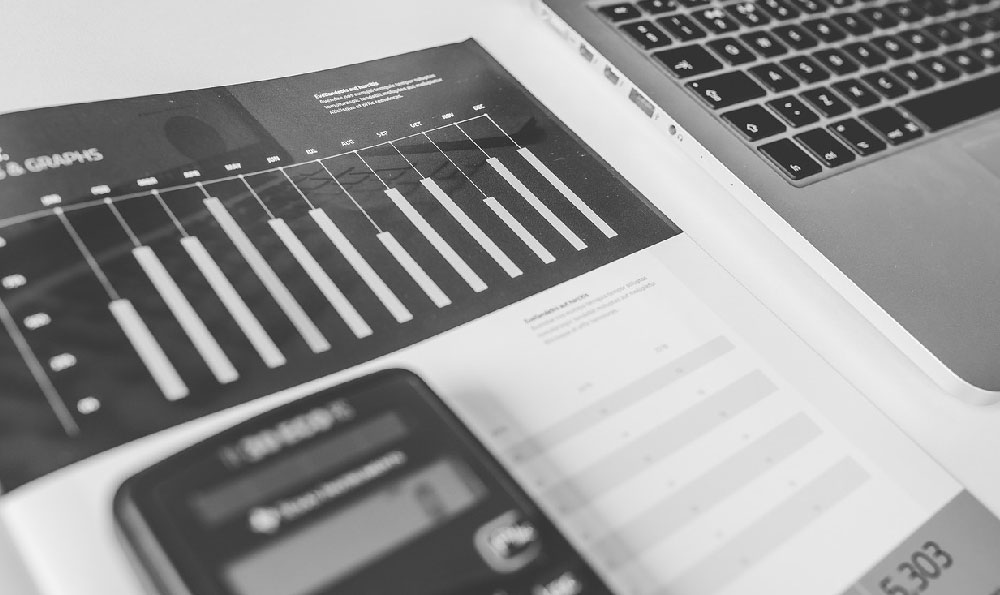Navigating the world of finance at 17 might seem daunting, but it's actually a prime time to start building a foundation for future wealth. The key is to understand that financial independence doesn't come overnight; it requires patience, learning, and strategic decision-making. While the allure of quick riches might be strong, especially in the volatile cryptocurrency market, a balanced and informed approach is crucial for teenagers.
Laying the Groundwork: Financial Literacy and Budgeting
Before diving into any investment, a fundamental understanding of personal finance is paramount. This includes learning about budgeting, saving, and understanding debt. Many teenagers receive an allowance, have a part-time job, or earn money through odd jobs. Regardless of the income source, creating a budget is the first step towards financial control. Track where your money goes each month. This could be as simple as using a notebook, a spreadsheet, or a budgeting app. Once you know where your money is going, you can start to identify areas where you can cut back and save more.

Saving money is equally important. Aim to save a percentage of every dollar you earn. Even saving a small amount consistently, like 10% or 15%, can add up significantly over time. Consider opening a high-yield savings account (HYSA). These accounts offer significantly higher interest rates compared to traditional savings accounts, allowing your money to grow faster. Many online banks offer competitive HYSA rates with minimal fees.
Understanding debt is crucial for long-term financial well-being. Avoid unnecessary debt, especially high-interest credit card debt. If you have access to a credit card, use it responsibly by paying off the balance in full each month. This helps you build a positive credit history, which will be important for future financial endeavors, such as renting an apartment or getting a loan.
Exploring Investment Options: A Diversified Approach
Now, let's delve into specific investment options suitable for teenagers. Remember that investing always involves risk, and it's important to understand the potential risks and rewards before putting your money into anything.
-
Stocks: Investing in stocks means buying shares of ownership in a company. The value of these shares can fluctuate based on the company's performance, market conditions, and other factors. For beginners, consider starting with index funds or exchange-traded funds (ETFs). These funds hold a basket of stocks, providing diversification and reducing risk compared to investing in individual stocks. Index funds track a specific market index, such as the S&P 500, while ETFs are similar but trade like individual stocks on the stock exchange. Investing in stocks offers the potential for long-term growth.
-
Bonds: Bonds are essentially loans you make to a company or government. In return, they promise to pay you interest over a specified period. Bonds are generally considered less risky than stocks, but they also offer lower potential returns. Government bonds are typically the safest, while corporate bonds carry more risk but potentially higher yields.
-
Cryptocurrency (Proceed with Caution): Cryptocurrencies, like Bitcoin and Ethereum, are digital or virtual currencies that use cryptography for security. The cryptocurrency market is highly volatile and speculative, meaning prices can fluctuate dramatically in short periods. While there's potential for high returns, there's also a significant risk of losing money. If you're interested in cryptocurrency, it's crucial to do thorough research and understand the underlying technology and risks. Start with small amounts you can afford to lose and diversify your investments. Don't put all your eggs in one basket.
-
Investing in Yourself: Arguably the best investment you can make at 17 is in yourself. This could involve taking online courses to learn new skills, pursuing higher education, or starting a side hustle. Enhancing your skills and knowledge increases your earning potential and opens up new opportunities. A summer job or internship can provide valuable work experience and help you develop professional skills.
The Power of Compound Interest and Time
One of the most powerful tools in investing is compound interest. Compound interest is essentially earning interest on your interest. The earlier you start saving and investing, the more time your money has to grow through compounding. Even small amounts invested consistently over a long period can result in significant wealth accumulation.
For example, imagine investing $100 per month starting at age 17. Assuming an average annual return of 7%, your investment could grow to over $300,000 by the time you retire. This demonstrates the incredible power of compounding and the importance of starting early.
Avoiding Investment Pitfalls and Scams
The world of investing is full of potential pitfalls and scams. It's crucial to be aware of these dangers and take steps to protect yourself.
-
Do Your Research: Before investing in anything, do your own research and understand the risks involved. Don't rely solely on the advice of others, especially if they have a vested interest in you making a particular investment.
-
Be Wary of "Get Rich Quick" Schemes: If something sounds too good to be true, it probably is. Be skeptical of investment opportunities that promise guaranteed high returns or require you to recruit others.
-
Protect Your Personal Information: Be careful about sharing your personal information online, especially your Social Security number, bank account details, and passwords.
-
Consult with a Financial Advisor (Optional): If you're unsure about where to start or need personalized advice, consider consulting with a qualified financial advisor. They can help you assess your financial situation, set goals, and develop an investment strategy that's right for you.
Resources for Teen Investors
There are many resources available to help teenagers learn about investing. Websites like Investopedia and NerdWallet offer educational articles, tools, and calculators. Many brokerages also offer educational resources specifically designed for beginners. Consider attending financial literacy workshops or joining investment clubs to learn from others and gain practical experience.
Start Small, Learn Constantly, and Stay Patient
Investing at 17 is a journey, not a sprint. Start small, learn as you go, and don't be afraid to make mistakes. The key is to stay patient, disciplined, and committed to your long-term financial goals. By developing good financial habits early on, you can set yourself up for a secure and prosperous future. Remember that building wealth takes time, and consistency is key. Don't get discouraged by short-term market fluctuations, and stay focused on your long-term goals.












